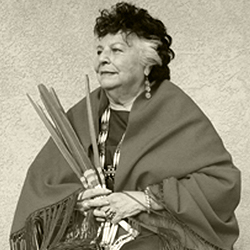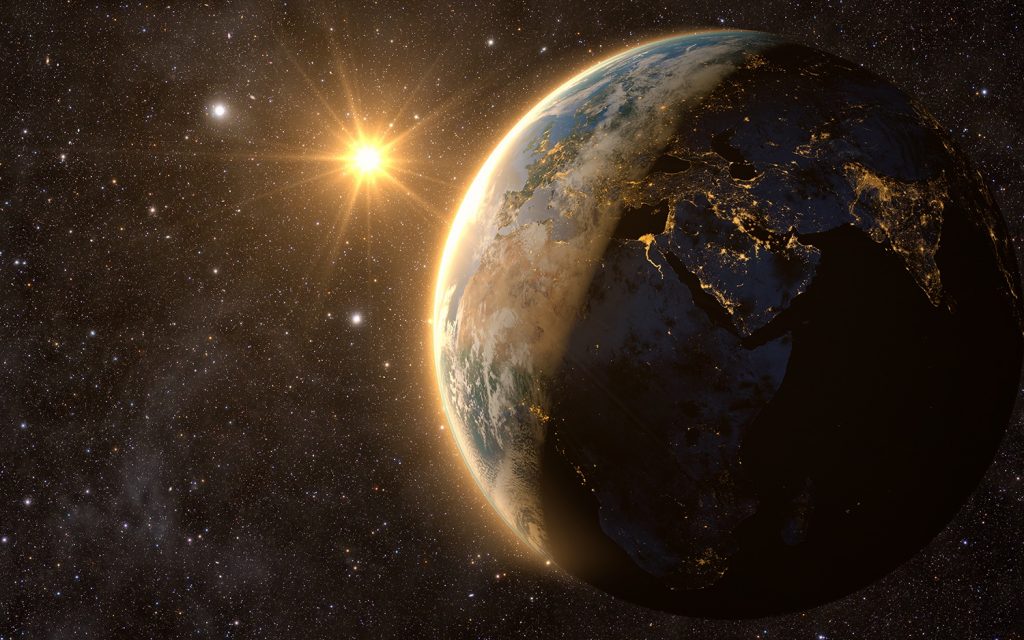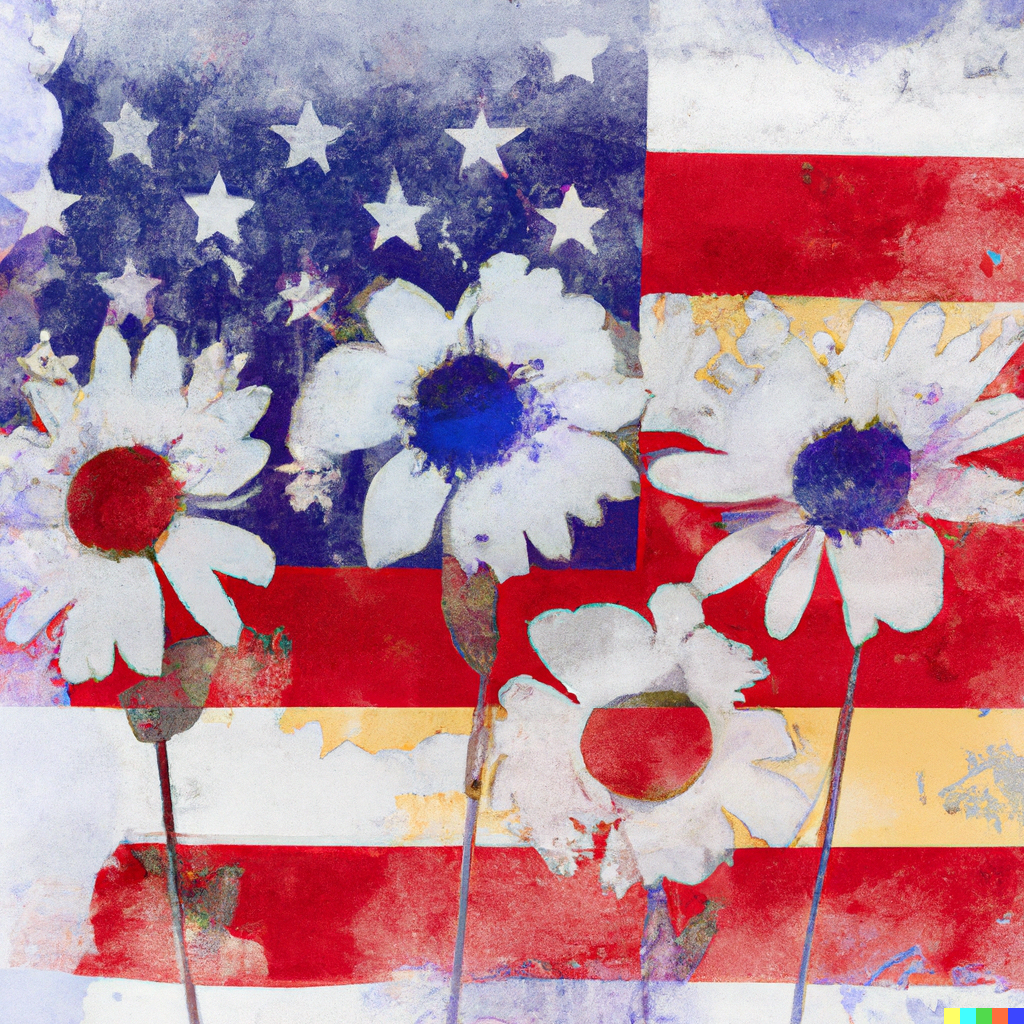Economic Justice and Ecological Regeneration
(Editor’s Note: In honor of the upcoming 20-year anniversary of the Earth Charter, Great Transition Initiative has published a forum on the legacy of the Charter role of universal ethics. For the full forum, see https://greattransition.org/gti-forum/great-ethics-transition.)
It is of the utmost importance to establish the right framework of values for the deep transformation of civilization that is needed. As I have laid out in The Patterning Instinct, different cultures have constructed vastly different systems of values, and those values have shaped history. Similarly, the values we choose today as a society will shape our future. The stakes for getting it right could hardly be higher.1
In recent decades, neoliberalism has established a dominant pseudo-ethical regime based on a flawed notion of untrammeled, market-based individual freedom. Our overriding task is to substitute this with an ethic of shared responsibility and interdependence. We need a solid, rigorous foundation for this ethic. Where do we find it?
Too much of the conversation on ethics focuses on binaries. But binaries simply encourage different camps to put up barricades against each other. We must move beyond binaries to a truly integrated ethical framework—one that incorporates the rational and intuitive, the scientific and the spiritual.
Fortunately, in recent decades, the combination of complexity science, evolutionary biology, cognitive science, and systems thinking has given us a platform for the kind of integration we need. Recognizing an evolutionary basis for values does not mean falling prey to the reductionist determinism of outmoded theorists such as Richard Dawkins, whose “selfish gene” myth has been superseded by modern evolutionary biology.2
The major evolutionary transitions of life on Earth have, in fact, been characterized by increases in cooperation, the most recent of which was the emergence of hominids. Facing perilous savannah conditions, our ancestors discovered that, through collaboration, they could protect and feed themselves far more effectively. They evolved moral emotions, such as a sense of fairness, cooperation, and altruism, which enabled them—in what has been called a “reverse dominance hierarchy”—to collaboratively restrain the occasional dangerously aggressive male driven by the atavistic impulse for domination that we see in other primates.3
These moral emotions formed the basis of the morality that characterizes our species. Sophisticated tests have shown that, faced with a choice, our initial impulse is to cooperate, and only after time to reflect do selfish behaviors emerge. In various experiments, prelinguistic infants show a rudimentary sense of fairness, justice, empathy, compassion, and generosity, along with a clear ability to distinguish between kind and cruel actions. Morality is intrinsic to the human condition.4
So why do we live in a world filled with endless examples of outrageous immorality, where dangerous aggressive males still wield power? With the rise of agriculture and sedentism, the power balance shifted to those who succeeded in establishing hierarchical dominance, leading eventually to the rise of patriarchal societies that rewarded machismo and violence—what Riane Eisler has termed “domination systems.”5
The world history of the past millennia mostly chronicles conflicts between different domination systems, one of which—European civilization—eventually became globally dominant in the past few centuries, forcing its unique dualistic cosmology on those it conquered. This is the worldview that most people now take for granted—one based on separation and domination, seeing humans as selfish, rational competitors, defined by their individuality, utterly separate from a desacralized nonhuman nature that has been relegated to a mere mechanistic resource without intrinsic value.

This worldview is a far cry from the shared ethical basis of cross-cultural traditions throughout history, and has been comprehensively invalidated by modern scientific findings. Instead, systems science confirms the insights shared by wisdom teachings across the ages: that we are all intrinsically interconnected. The deep interpenetration of all aspects of reality—what Thich Nhat Hanh calls “interbeing”—must be at the heart of an ethical framework for political and cultural transformation.
Our expression of morality is, to a very large extent, a function of our identity. If you see yourself as an isolated individual, your values will accordingly lead you to the pursuit of your own happiness at the expense of others. If you identify with your community, your values will emphasize the welfare of the group. When you recognize yourself as part of nature, you will automatically feel drawn to nurture and protect the natural world.
Over the past several centuries, even as European imperialism ravaged the rest of the world, there was also a gradual expansion of identity, from the parochial to a broader vision of shared humanity, which has led to what Martin Luther King famously referred to as the “moral arc” bending toward justice. This has inspired concepts such as inalienable human rights and led to ever-widening attempts to legislate moral justice into national and international codes of conduct. The Earth Charter stands as an exemplary model of this kind of expansive moral vision.
However, in our current predicament, facing impending ecological catastrophe and the potential of civilizational collapse, we must ask whether this moral expansion is a case of too little, too late. What can be done to catalyze it and redirect our terrifying trajectory? Is it possible to develop a cross-cultural global moral vision for humanity that extends to all life on Earth, and could inspire a comprehensive transition toward economic justice and ecological regeneration?

While those of us enculturated in the West have had to rediscover our interconnectedness, traditional cultures have maintained the deeply embedded principles that characterized core human morality from earliest times. Comanche social activist LaDonna Harris has identified four central values known as the four R’s that are shared by indigenous peoples around the world, which together affirm the interconnectedness of all aspects of creation: Relationship, Responsibility, Reciprocity, and Redistribution. They each pertain to different types of obligation that inform a person’s life. Relationship is a kinship obligation, recognizing value not just in family but in “all our relations” including animals, plants, and the living Earth. Responsibility is the community obligation, identifying the imperative to nurture and care for those relations. Reciprocity is a cyclical obligation to balance what is given and taken; and Redistribution is the obligation to share what one possesses—not just material wealth, but one’s skills, time, and energy.6
Other sources of wisdom, such as Taoism, Buddhism, or Confucianism, each offer unique teachings into the ethical implications of the fundamental unity of all life. “Everything from…husband, wife, and friends, to mountains, rivers…birds, beasts, and plants, all should be truly loved in order that the unity may be reached,” declared Neo-Confucian sage Wang Yangming.
Our crucial task is to incorporate these principles of traditional wisdom into an integrated system of values that can redirect humanity away from catastrophe, and toward a flourishing future. One where our shared identity expands beyond parochial boundaries to include, not just all humanity, but all sentient beings, and the vibrancy of the entire living Earth. Ultimately, it is our values that guide our actions—and will shape our future.
Endnotes
1. Jeremy Lent, The Patterning Instinct: A Cultural History of Humanity’s Search for Meaning (Amherst, NY: Prometheus, 2017).
2. Patrick Bateson, Nancy Cartwright, John Dupré, Kevin Laland, and Denis Noble, “New Trends in Evolutionary Biology: Biological, Philosophical and Social Science Perspectives,” Royal Society | Interface Focus 7, no. 5 (2017).
3. Christopher Boehm, Hierarchy in the Forest: The Evolution of Egalitarian Behavior (Cambridge, MA: Harvard University Press, 1999).
4. Paul Bloom, Just Babies: The Origins of Good and Evil (New York: Crown Publishing Group, 2013).
5. Riane Eisler and Douglas P. Fry, Nurturing Our Humanity: How Domination and Partnership Shape Our Brains, Lives, and Future (New York: Oxford University Press, 2019).
6. La Donna Harris and Jacqueline Wasilewski, “Indigeneity, an Alternative Worldview: Four R’s (Relationship, Responsibility, Reciprocity, Redistribution) Vs. Two P’s (Power and Profit). Sharing the Journey Towards Conscious Evolution,” Systems Research and Behavioral Science 21 (2004): 489–503.






